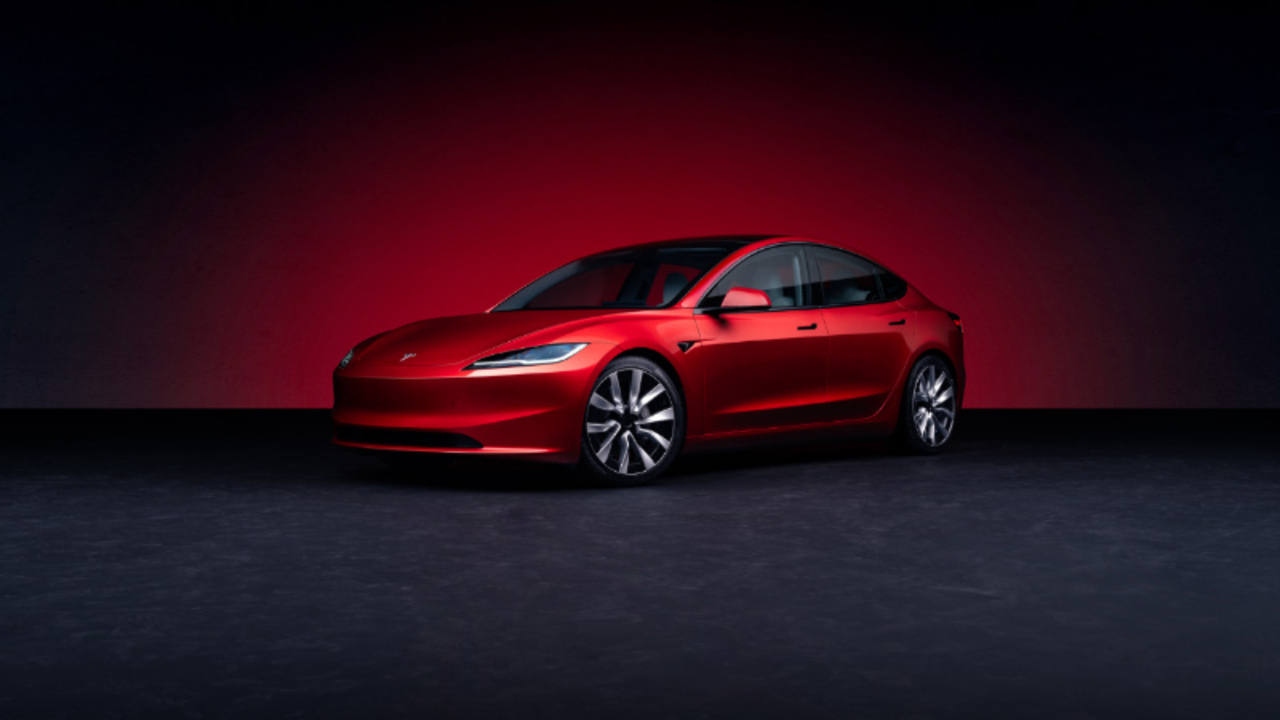Tesla’s decline in the European market continued in July. The facelifted version of the Model Y, the company’s best-selling model, failed to halt the sharp decline in sales. According to the latest data, Tesla’s European sales overall declined by one-third in the first six months of the year. These sharp losses, particularly in major Western European markets, are weakening the brand’s position in the region.
Tesla plummets in the European market
During July, sales in Sweden declined by 86 percent, the Netherlands by 62 percent, Belgium by 58 percent, Denmark by 52 percent, and France by 27 percent. Tesla’s monthly sales in these markets have been declining for seven consecutive months.

A similar pattern was seen in Portugal, with declines of 49 percent and Italy by 5 percent. The company is facing regulatory pressure in these regions, including the aggressive pricing policies of Chinese competitors and the political statements of CEO Elon Musk.
Despite this negative outlook, some markets, such as Norway and Spain, experienced increases. In Norway, Model Y sales increased by 83 percent, reaching 715 units. This increase was driven by Tesla’s 0 percent interest loan campaign launched in some Nordic countries. Spain also saw a 27 percent increase.
The picture is different in Turkey. According to data from the Automotive Distributors and Mobility Association (ODMD), Tesla was the most preferred electric car brand in July with 4,706 sales. It ranked second after Togg in the January-July period. While Tesla’s July sales decreased by 35 percent compared to the previous month, the 1020 percent increase compared to the same period last year was noteworthy.
Tesla’s recovery in Europe appears difficult in the short term. The company is known to be working on a more affordable model, but its production schedule has fallen short of expectations. This further weakens Tesla’s position in the face of price competition.
Last month, Elon Musk stated that Tesla would face “a few challenging quarters.” Musk attributed the decline to the end of tax incentives and stricter autonomous driving regulations in Europe. He also said, “I think our sales in Europe will increase when we can offer customers the same experience as in the US.”













